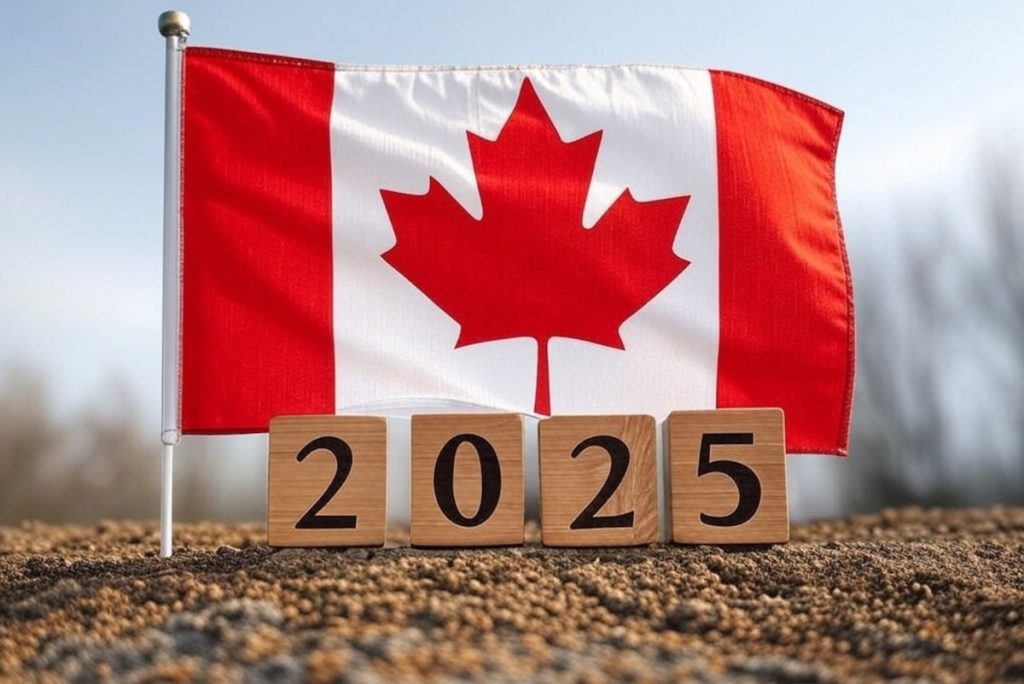Immigration, Refugees, and Citizenship Canada (IRCC) has introduced a cap on the number of study permits issued to international students for 2025, setting the limit at 437,000—representing a 10% decrease from the previous year’s target.
This change follows a series of policy adjustments designed to alleviate pressure on Canada’s housing, healthcare, and public services, which have been strained by the rising number of international students.
The new limit is part of Canada’s strategy to manage the impact of this growing demographic while maintaining educational standards.

The allocation includes 73,282 permits for graduate students and 72,200 for kindergarten to grade 12 applicants who do not require the Provincial Attestation Letter (PAL) or Territorial Attestation Letter (TAL). The remaining permits will be distributed among other categories requiring PAL/TAL.
Ontario will receive the largest share of permits, followed by Quebec and British Columbia. New regulations also extend the PAL/TAL requirement to master’s and doctoral students, which will affect a significant portion of international students.
The changes are expected to intensify competition for study permits, potentially discouraging some students from applying to Canadian institutions.
While the policy aims to reduce pressure on public resources, it may also impact the economy, as international students significantly contribute to local spending.


